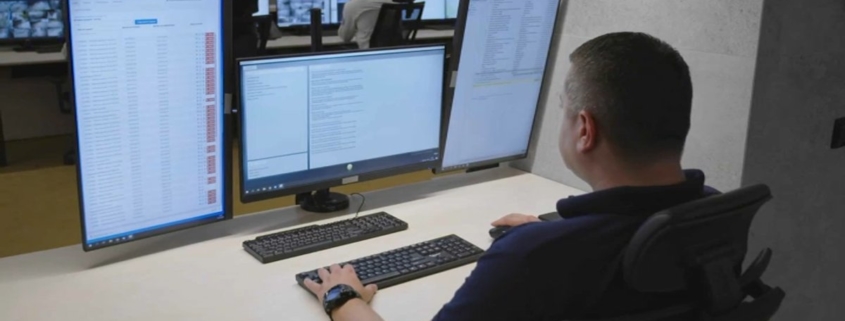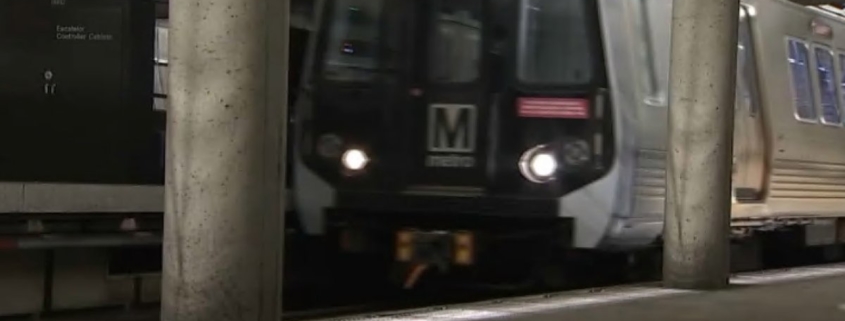Prince George’s Council Members Respond to Spike in Carjackings – NBC4 Washington
Carjackings have continued to spike in both D.C. and Prince George’s County, leading two county council members to call the crisis a state of emergency.
On April 11, a DoorDash driver was carjacked in District Heights, Maryland, on his first day on the job. Five days later, an Amazon Flex driver said she was in the Bellevue neighborhood in the District when two young people punched her and demanded her keys. And on Tuesday night, several people carjacked a person on H Street NE.
“This is really a carjacking state of emergency, this is not okay, this is not business as usual,” Mel Franklin, a Prince George’s County councilmember, said.
Franklin and fellow council member Deni Tavares say they’re worried about families who have to deal with carjacking crime.
“They’re just trying to live quiet lives and this is what they’re experiencing on a daily basis,” Tavares said.
In Prince George’s, 90 people were carjacked in 2019. That number nearly tripled to 269 in 2020 and spiked again last year to 381.
So far in 2022, if carjackings continue at the current pace, the figure will top last year’s number.
Over in D.C., there have been 161 carjackings so far in 2022, compared to 110 this time last year. That’s an increase of 46%.
“If people don’t feel safe, they will not live here. We have to restore a sense of safety and a sense of security,” Franklin said.
It’s why the council members are pushing for more investment in the community, such as the future Towne Square at Suitland Federal Center, which used to be an area with high crime.
“It’s this kind of investment that can make a supreme difference in reducing crime and helping uplift our communities,” Franklin said.



